The World Bank (WB) has just announced upgrading Russia from an “upper middle-income country” to a “high-income country” with a gross national income per capita (GNI) of 14,250 USD by 2023.
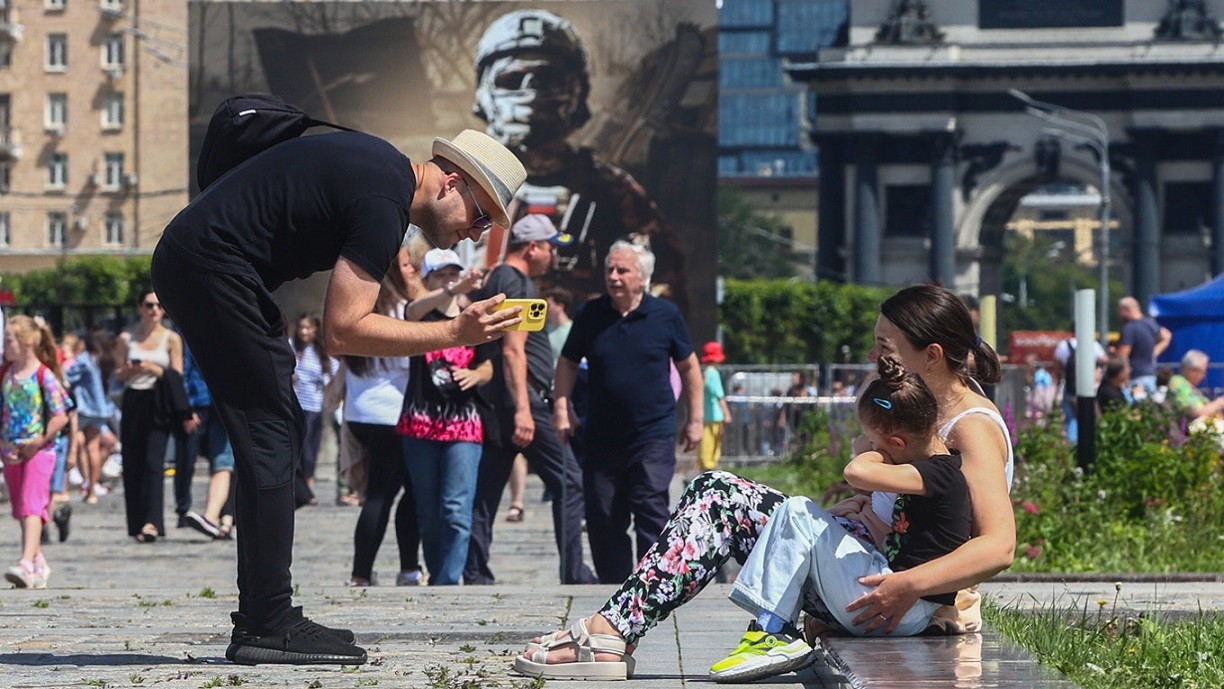 |
| Russian people walk and take photos on the streets of Moscow. (Source: Moscow News Agency) |
Russia can continue to hope for further growth due to its wartime economic orientation. According to the World Bank, “economic activity in Russia is expected to be affected by a large increase in military-related activity in 2023.” According to the US-based organization, Russia’s economic rise is also driven by growth in trade (+6.8%), the financial sector (+8.7%) and construction (+6.6%).
“These factors led to an increase in both real (3.6%) and nominal (10.9%) GDP, while Russia's GNI Atlas per capita increased by 11.2%,” the WB said.
The world’s economies are divided into four groups based on a measure of GNI per capita in US dollars. The World Bank’s 2024-25 classification for “high-income” countries has raised the threshold to $14,005 or more.
On this occasion, Bulgaria and Palau joined Russia in becoming “high-income economies” with GNI per capita of 14,460 USD and 14,250 USD, respectively.
In nominal terms, Russia ranks 72nd in GNI per capita and 53rd in purchasing power parity.
Also studying the Russian economy, the Vienna Institute for International Economic Studies (Wiiw) has just revised up its growth outlook for Russia - which is heading towards a war economy. According to Wiiw, the country is expected to grow strongly at 3.2%, similar to 2023. However, severe labor shortages and high interest rates will limit the growth rate of the Russian economy to around 2.5% in the coming years.
About a third of Russia's federal budget - 6% of GDP - went to the wartime economy. This approach has benefited many other sectors.
High salaries for frontline soldiers and payments to veterans and their families are also a factor in the redistribution of income from top to bottom, which increases people's income, said a Russia expert at Wiiw.
Meanwhile, the economic shock from the layered sanctions imposed by the West has helped Russia reshape its industries. A new study by the Center for Macroeconomic Analysis and Short-Term Forecasting (TsMAKP) shows that the main losers are export-oriented industries. And the winners are companies that cater to domestic demand.
Experts say the current dynamics suggest that this division of Russian businesses will continue. Government support and domestic demand will remain key conditions for production growth.
The Russian economy has faced major external shocks since 2022. These shocks were caused by the cessation of cooperation with foreign partners, the closure of some traditional export markets, and disruptions in traditional supply chains. In addition, according to TsMAKP experts, there was a closure of access to external financial markets, strong fluctuations in global commodity prices and exchange rates.
Along with the negative consequences, there have also been positive developments for some sectors. Specifically, the scale of government demand has recently expanded significantly. The import substitution process has been accelerated, and preferential lending programs for businesses have been implemented, helping to offset high interest rates in the market.
Commenting on the WB's decision, bank CEO Roman Marshavin told TASS, "The WB's move is a recognition of Russia's economic policy over the past decade, despite financial and trade restrictions." Showing that Russia's economic growth has continued even after the US and its allies imposed thousands of sanctions on the country.
Meanwhile, the World Bank said that Ukraine's economy has moved from "lower middle income" status to "upper middle income" status after economic growth is recorded in 2023.
However, Russia’s focus on attacking Ukraine’s energy infrastructure has left deeper scars on the Ukrainian economy. Wiiw has now revised its growth forecast for Ukraine’s economy down by 0.5 percentage points to 2.7% for 2024 compared to its spring forecast. Ukraine’s economic situation is expected to improve gradually, but the lingering effects of the conflict and damage to infrastructure could continue to weigh on the country’s growth prospects for years to come.
The ongoing conflict between Russia and Ukraine has led to significant economic challenges not only for Kiev but also for Europe as a whole. Russia’s military campaign in Ukraine has strained economic relations between Russia and many European countries, disrupting traditional supply chains in the region.
The destruction of Ukraine's energy infrastructure has reduced the EU's dependence on Russian energy sources, potentially leading to a change in the entire economic relationship in Europe.
Source: https://baoquocte.vn/kinh-te-nga-thang-hang-nho-nhung-cu-soc-thu-nhap-binh-quan-dat-tren-14005-usd-bat-chap-dut-gay-quan-he-voi-phuong-tay-277299.html


![[Photo] President Luong Cuong and King Philippe of Belgium visit Thang Long Imperial Citadel](https://vstatic.vietnam.vn/vietnam/resource/IMAGE/2025/4/1/cb080a6652f84a1291edc3d2ee50f631)
![[Photo] Prime Minister Pham Minh Chinh meets with King Philippe of Belgium](https://vstatic.vietnam.vn/vietnam/resource/IMAGE/2025/4/1/be2f9ad3b17843b9b8f8dee6f2d227e7)

![[Photo] Myanmar's capital in disarray after the great earthquake](https://vstatic.vietnam.vn/vietnam/resource/IMAGE/2025/4/1/7719e43b61ba40f3ac17f5c3c1f03720)
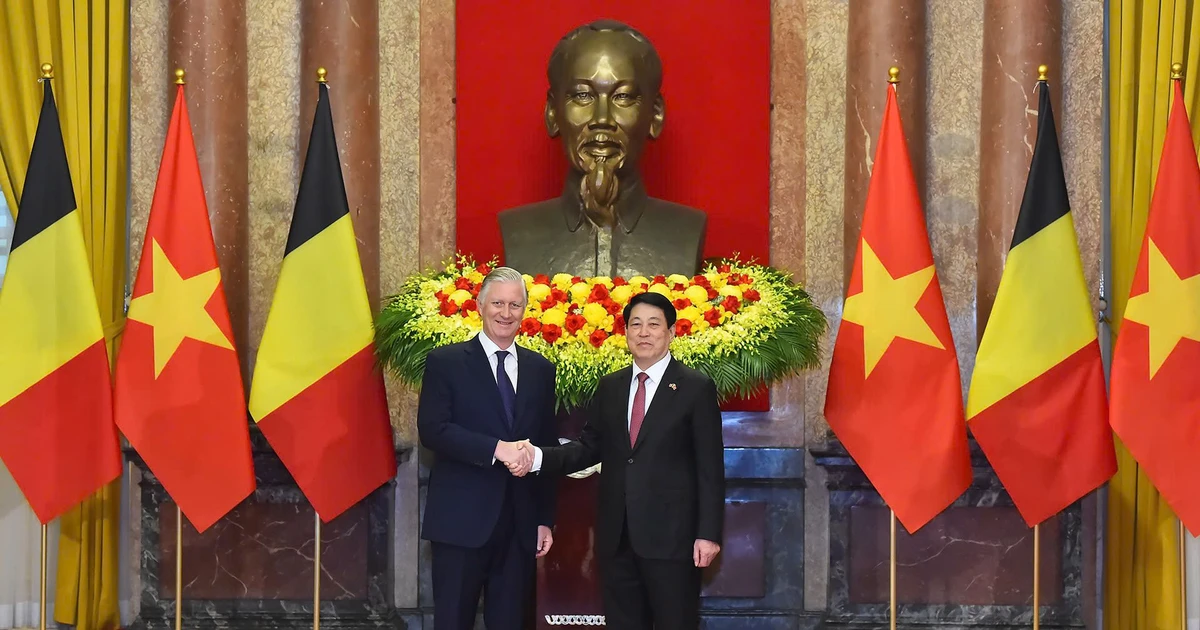
![[Photo] Queen of the Kingdom of Belgium and the wife of President Luong Cuong visit Uncle Ho's Stilt House](https://vstatic.vietnam.vn/vietnam/resource/IMAGE/2025/4/1/9752eee556e54ac481c172c1130520cd)
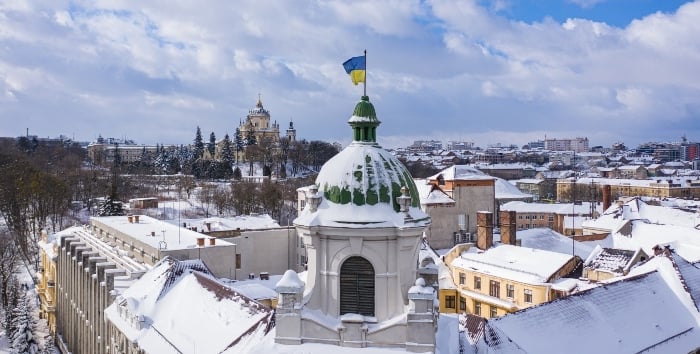

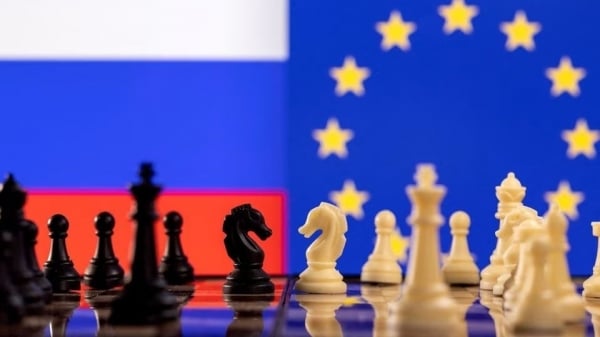
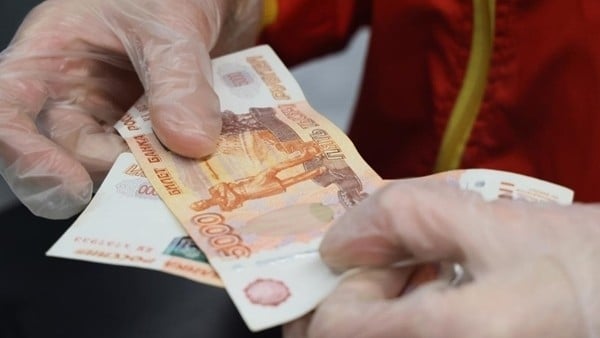
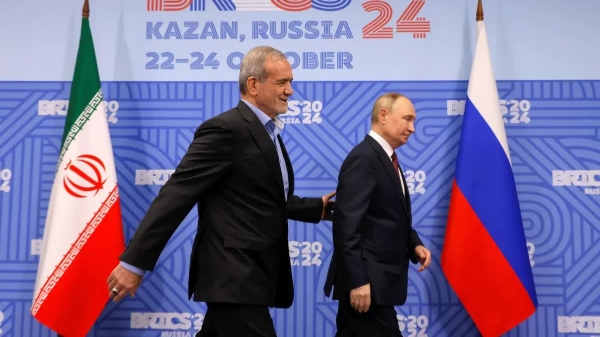
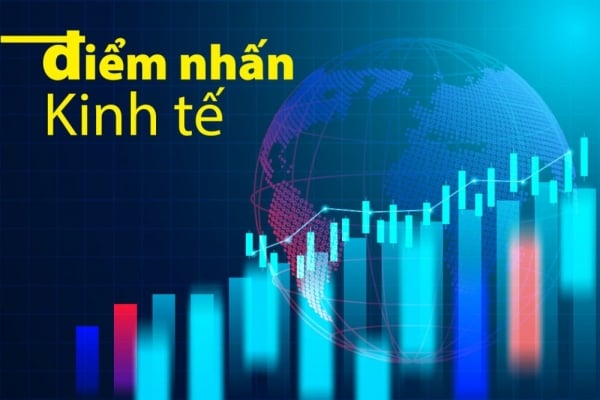
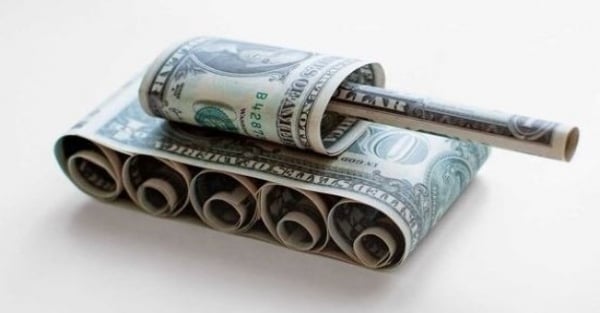



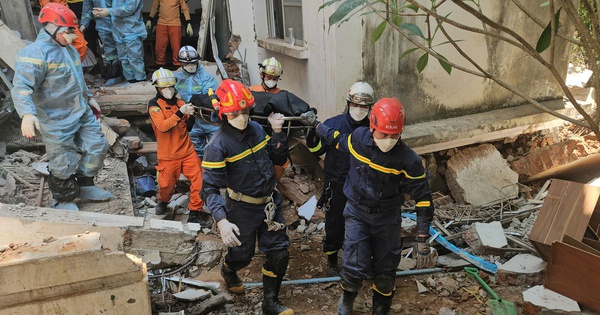

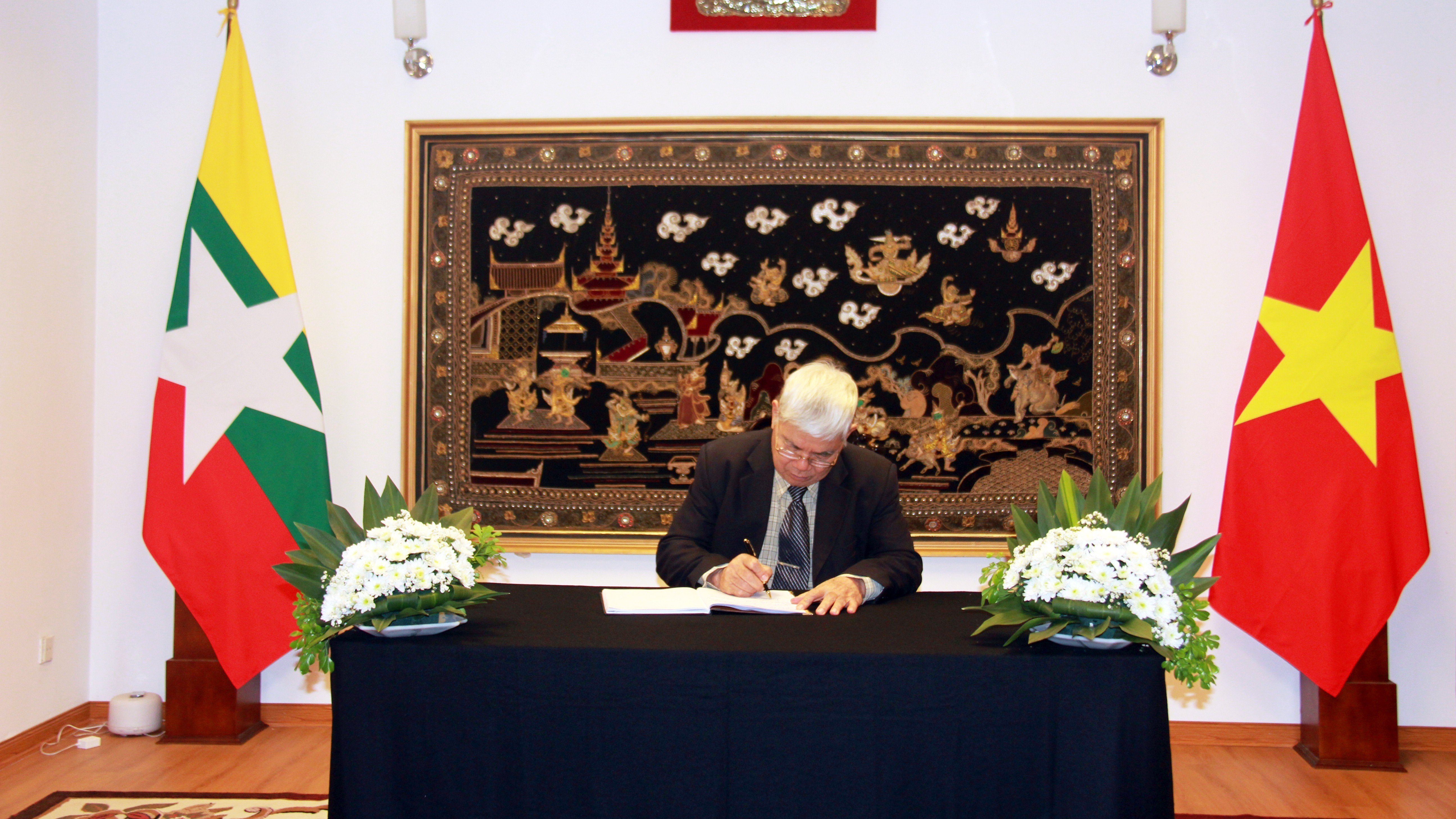





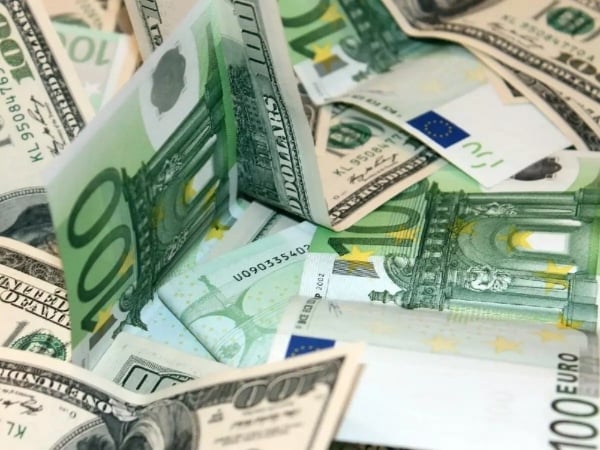

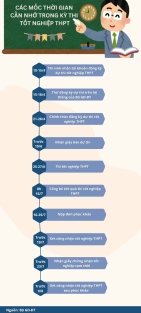

![[Photo] President Luong Cuong and the King of Belgium witness the Vietnam-Belgium document exchange ceremony](https://vstatic.vietnam.vn/vietnam/resource/IMAGE/2025/4/1/df43237b0d2d4f1997892fe485bd05a2)










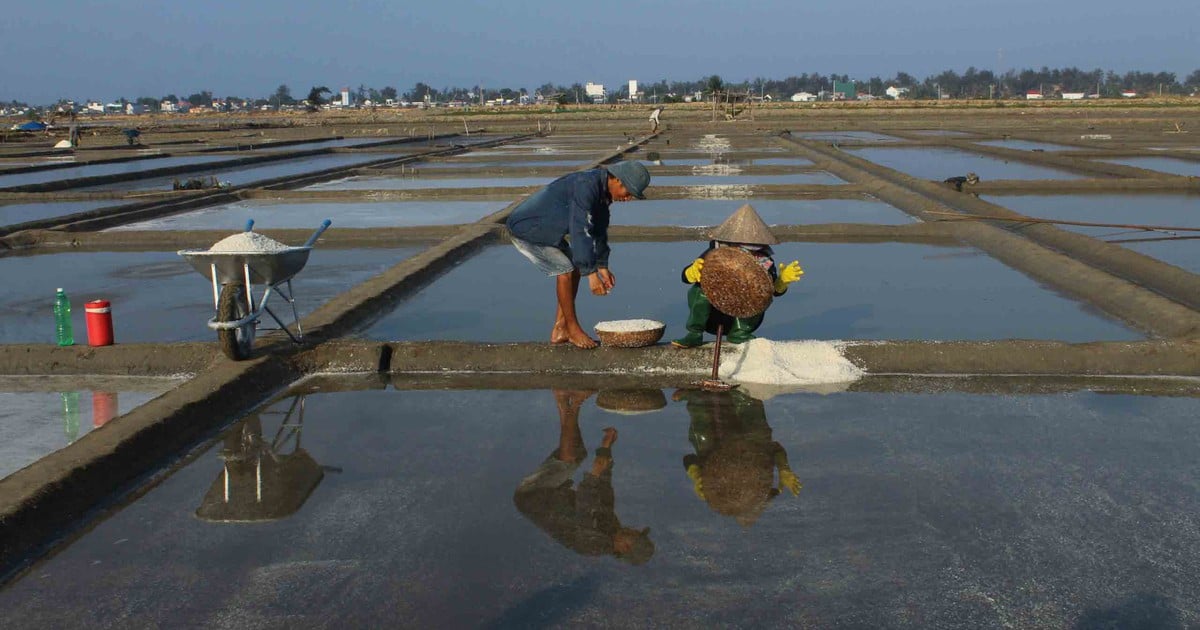



























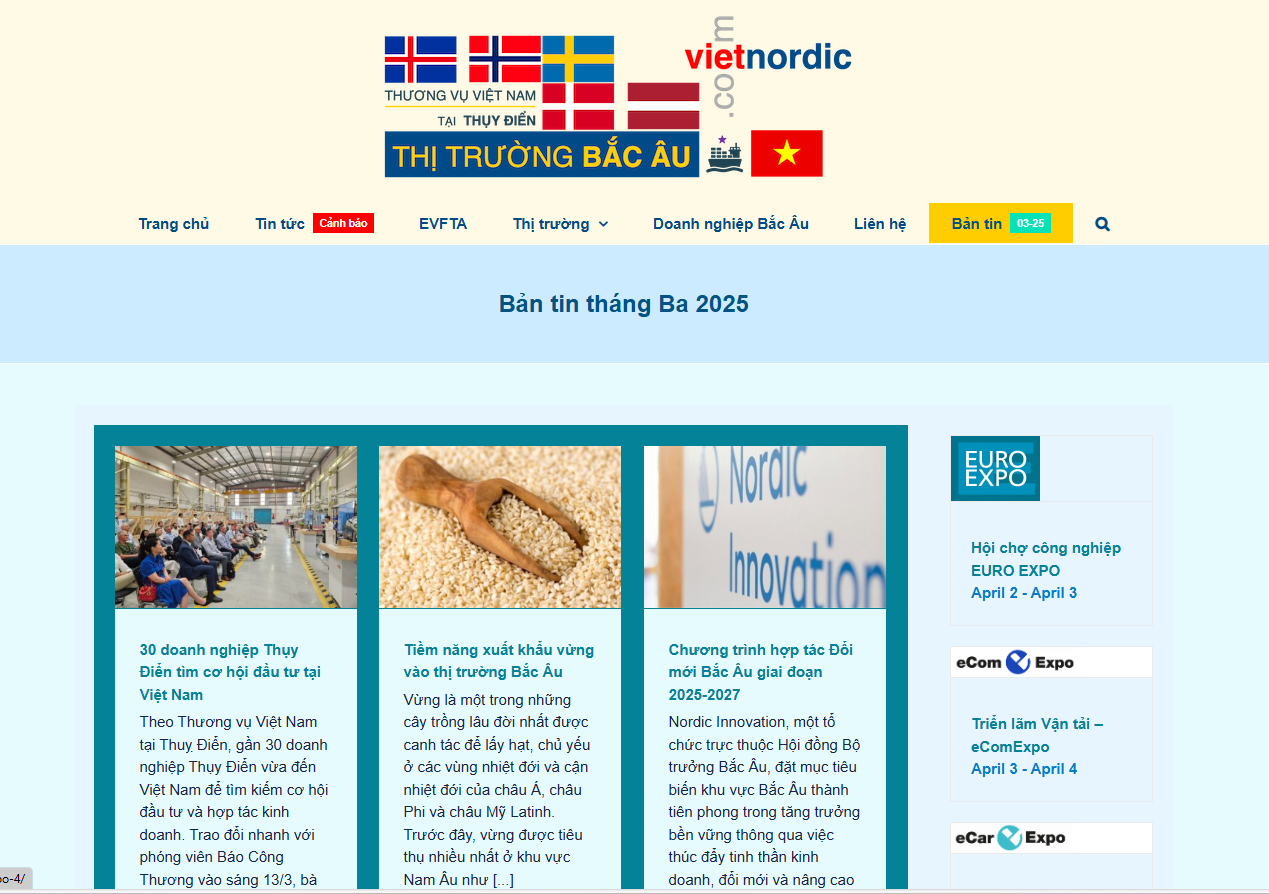







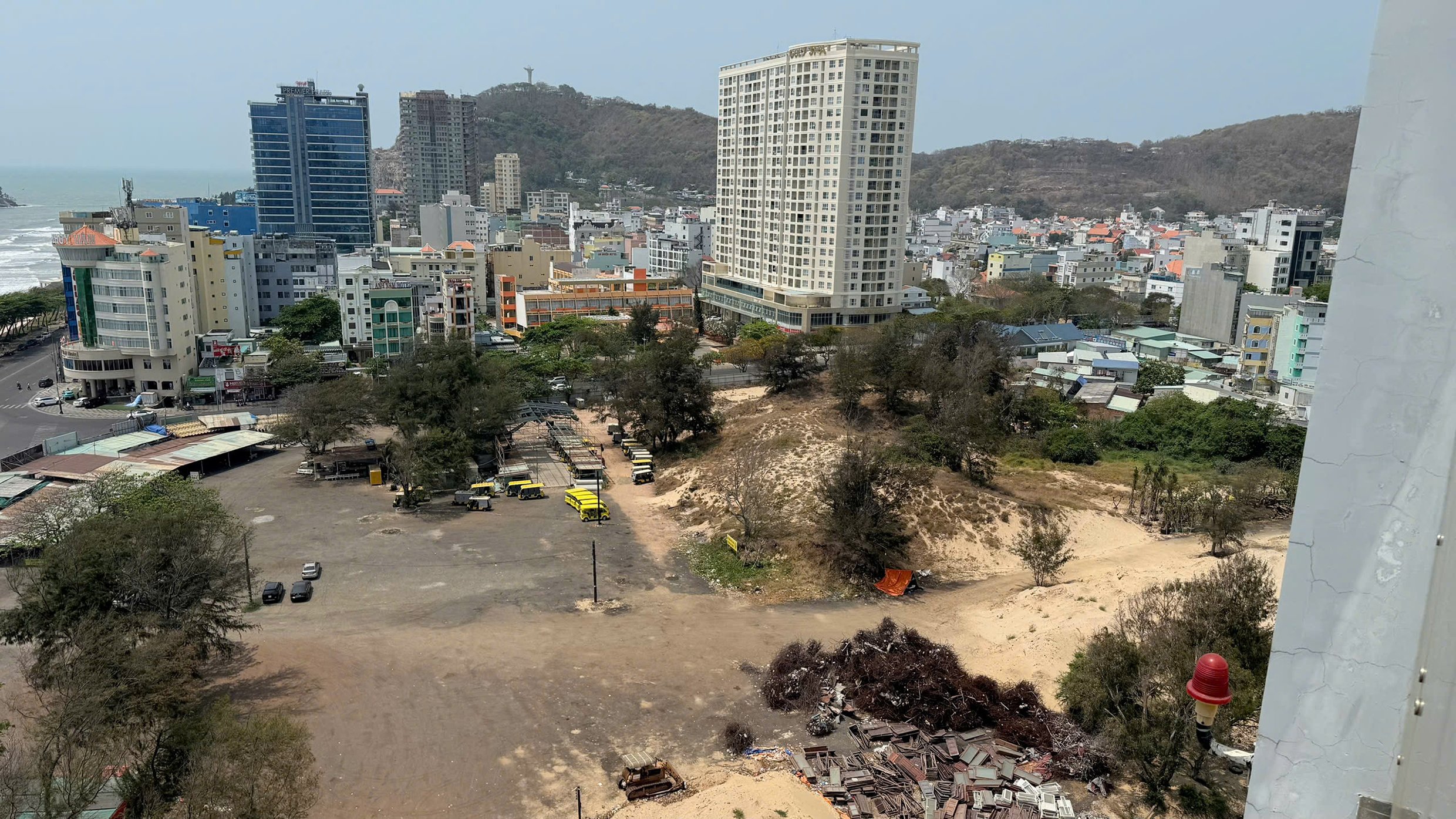




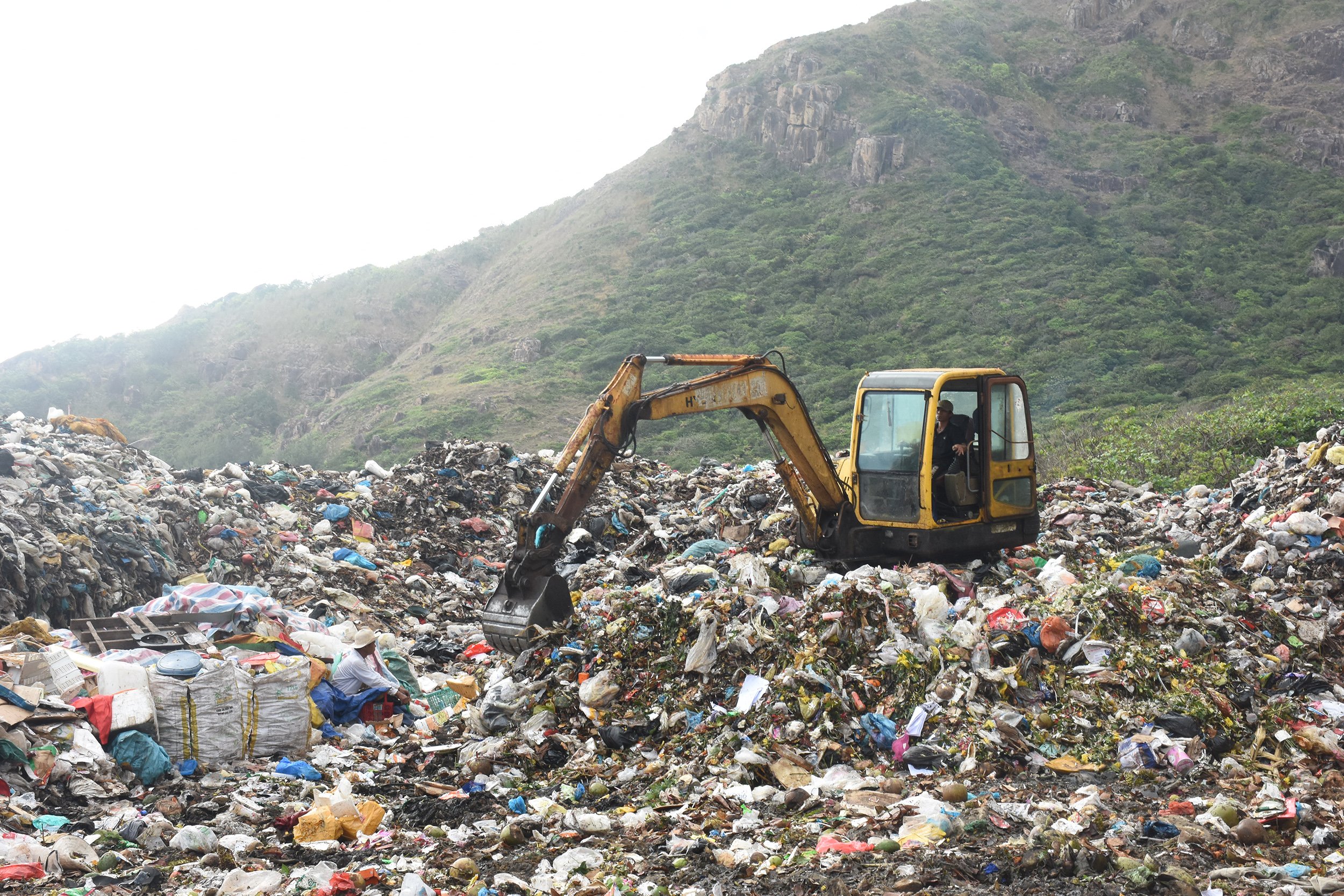












Comment (0)